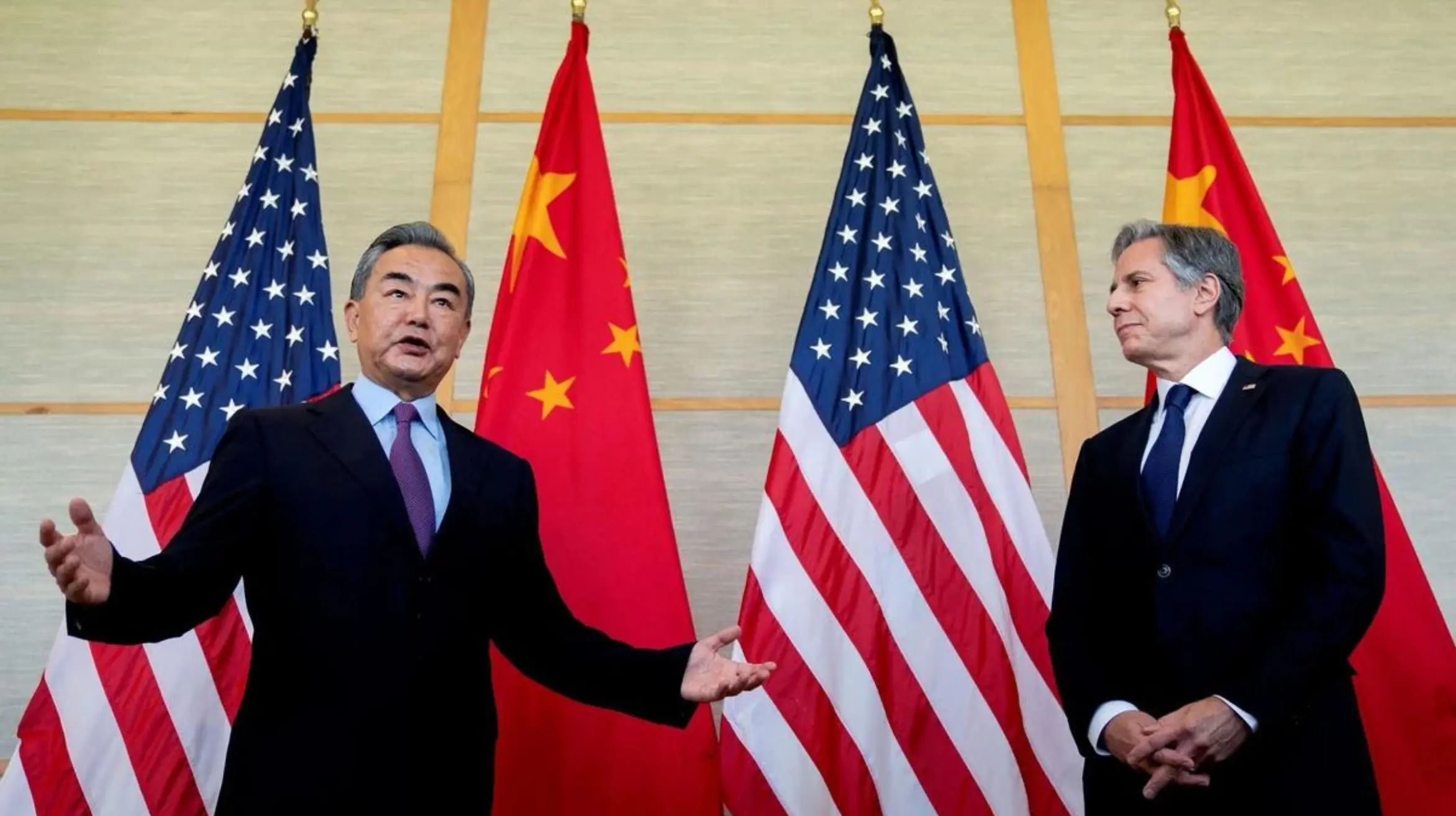China (Transatlantic Today) — During Secretary of State Blinken’s recent visit to China, preceding events set a contentious tone, potentially worsening already strained relations between the two nations.
A major armaments deal, including substantial money for Taiwan amid mounting concerns over the island’s political future, was passed by the US Senate before to Blinken’s arrival. As he stands to lead Taiwan’s Democratic Progressive Party and supports the island’s independence movement, Lai Ching-te raises the possibility of conflicts in the area. Furthermore, since Taiwan continues to be a sensitive topic in Sino-American relations, recent revelations of US army presence close to the Chinese mainland have increased tensions.
Attempts to Contain China’s Technological Advance
Alongside the arms package, the US enacted legislation forcing ByteDance to sell TikTok to an American entity, indicative of broader efforts to curtail China’s technological progress. Secretary of Commerce Gina Raimondo has explicitly labelled China as the United States’ primary technological threat, signalling a significant measure to hinder China’s advancement in critical sectors. In addition, recent criticisms of Chinese electric cars and clean energy technologies emphasize the multifaceted nature of the US campaign against China’s economic advancement.
The Illusion of Breaking the Sino-Russian Bond
Blinken also sought to focus on the relationship between Russia and China, aiming to disrupt what the US perceives as a necessary economic link sustaining Russia amidst international sanctions. However, China’s strategic interests align closely with Russia’s, especially regarding geopolitical stability and regional security. Attempts to sever this bond appear futile, as both nations take advantage of a symbiotic relationship that withstands external pressures.
The Blinken Fiasco
According to Diariopanorama, Blinken’s visit was featured by diplomatic tensions, asserted by his encounters with Chinese officials, suggesting worsening ties between the two powers. Despite efforts to be involved in discussions, the meetings were characterized by tension and disagreement, reflecting broader uncertainties in Sino-American relations. Moreover, China’s support for Russia’s call for an independent investigation into attacks on the Nord Stream gas pipelines further deteriorates diplomatic efforts, signalling potential shifts in global alliances.
The Weak Foundations of the Sino-US Relationship
The deteriorating relationship between the two powers was suggested by Blinken’s interactions with Chinese officials during his tour, which was characterized by diplomatic tensions. The tense and contentious meetings, despite attempts at dialogue, were indicative of greater unpredictability in Sino-American relations. Furthermore, diplomatic efforts are made more difficult by China’s backing of Russia’s demand for an impartial inquiry into attacks on the Nord Stream gas pipelines, which may indicate changes in international alignments.
The confrontational approach taken by the US risks escalating tensions with China, with implications not only for both nations but for global stability as well. As diplomatic efforts falter and strategic maneuvers intensify, the prospect of a protracted conflict looms large, highlighting the need for nuanced diplomacy and strategic restraint.


























